“Same God” documentary draws back veil on Wheaton Prof fired for wearing hijab
Two years ago, Dr. Larycia Hawkins, a now former professor at Wheaton College, was dismissed from her job for wearing the hijab. She was the first black female tenured professor in the college’s nearly 160 year existence, and her dismissal caused a hurricane of on and offline discussions about the Christian campus’ attitude towards Islam.
It all started with a conversation between Hawkins and a student. Amidst 2016’s heightened islamophobic rhetoric, the student was afraid to wear her hijab in public as she flew back home for the holidays. Hawkins took to social media, and, with one simple post, stated that she would be wearing a hijab in solidarity with the student since at the end of the day, they both “serve the same God”. What followed was a whirlwind of social media backlash from Wheaton students and faculty alike, resulting in her almost immediate dismissal from the Wheaton faculty.
Two years later this past September, a documentary on the story titled “Same God” premiered at the Los Angeles Film Festival. The director is Linda Midgett, a Wheaton alum with an IMDB page that boasts an impressive career including many Emmy nominations and a win. She has “directed, written and supervised more than 600 hours of programming for networks such as NBC-Universal, The History Channel, Discovery and National Geographic.”
I had the pleasure of speaking with Midgett, who came to Calvin College this past week to premiere the film in Grand Rapids. She was able to shed more light on what lead her to create this documentary, and the impact it has had on the larger discussion at hand when it comes to theology and tolerance. Upon my later discussion with Midgett, Hawkins was unavailable for additional comments.
The Grand Rapids premiere was this past Wednesday, Nov. 5, and opened to a sold out audience. There was a moderated discussion afterwards centered on the feelings elicited by the documentary as well as a broader discussion on Christian to Muslim relations in largely Christian spaces. Midgett explained that during the discussion afterwards, many people felt “really challenged” about their preconceived ideas on the matter that they now felt weren’t true. “They left feeling surprised,” and in her book, that was a good thing.
We discussed how different this project was from her typical daytime episodic work, and what lead her to go in this direction. “Same God” was directed as an independent film, a marked difference from the larger public sector projects she’s been able to produce. So what led her to create it?
“The difference was, this project was intensely personal for me. It was about my alma mater and topics I cared deeply about.” It was the first independent documentary she’d directed, which presented itself with its own set of problems. At the end of the day, it had more of her “heart and soul and own thinking.” It made directing this project harder but more gratifying.
I asked her if, considering the fact that she was a Wheaton alum, she thought that her documentary would be construed as a political statement, and if so, whether that was something she worried about. She said that there were likely many people who would take the mere fact that she is even talking about this as proof that she was taking a political stance. But really, she tried to be “fair and open-handed” in casting the story in even light. Her aim was to create a space for people to “grow, and think, and feel safe doing that without creating any barriers.”
In discussion of why she chose to name the documentary “Same God”, she said that it was intended to be a sort of “tongue-in-cheek” title because those were the exact words Dr. Hawkins also mentioned in her social media post that started all the turmoil. “A lot of people think that [because of the title] I’m giving a treatise on why I think Muslims and Christians worship the same God,” but that isn’t what it’s about.
Because the film actually explores the way evangelicals treat the Muslim community, and the strong diverging opinions on whether Wheaton handled the Hawkings case in the correct manner, “It’s actually more of a look at whether evangelicals worship the same God.” Midgett added that in the creation of her documentary, Wheaton College declined to participate.
Midget hopes you go see the film, and if you do, hopes that you walk away from the film feeling challenged to see what embodied solidarity looks like in your own lives.




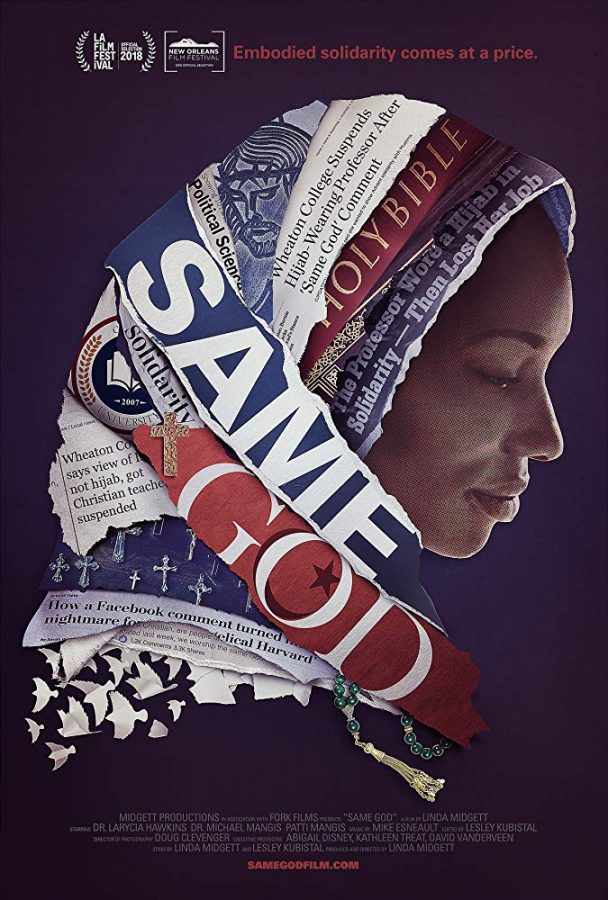

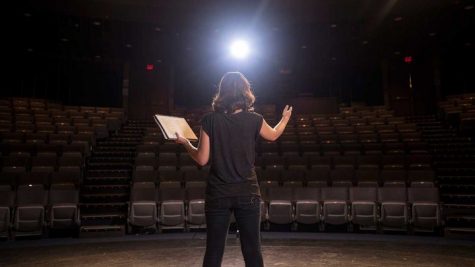


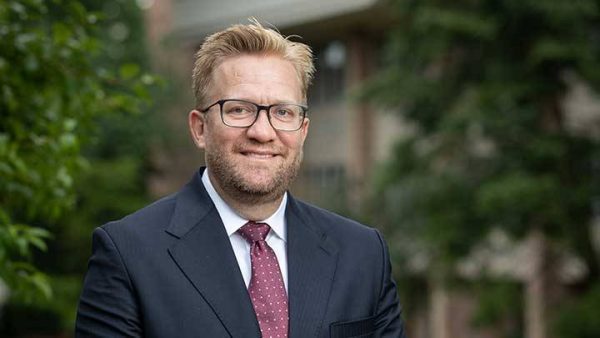
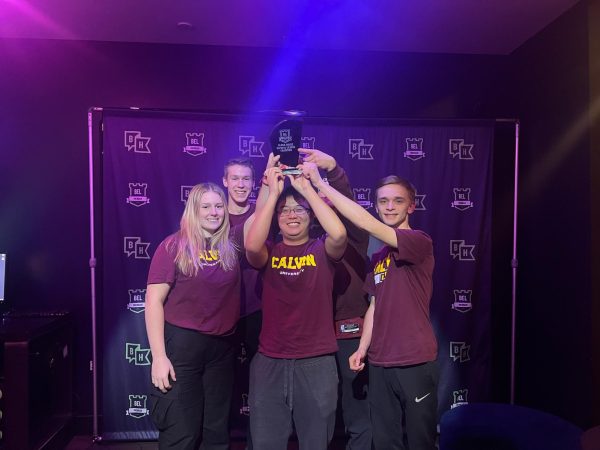

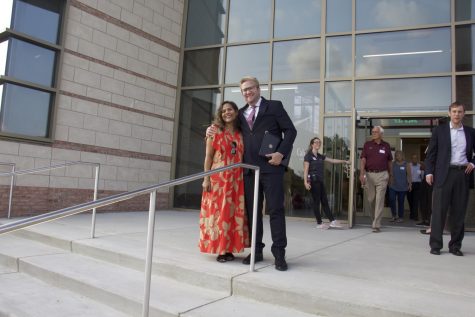
Bigger picture • Dec 21, 2020 at 11:51 am
I am a born again Christian, and although the same God created every human, no we do not follow the same God. My opinion here is if you are going to coddle social issues and buck your own beliefs that’s your choice, BUT if you choose to follow Him(operative word) then do just that. We don’t sign up then proceed to come in and change the rules. Christians are responsible to be obedient to Jesus Christ who commands us to love others however we don’t set our dedication to Him aside to make someone else feel better. Islam is in direct opposition to Christianity, and so is Judaism. Yes the God of Abraham is our shared commonality of origin, but that same God sent exclusively His only Son as a final sacrifice to grant all those who believe AND follow Jesus a full pardon. Jesus said Himself, “I am THE way, the truth and the life; nobody comes to God the Father unless by me.” I’m here to say Jesus has taken me from a dark place and is completely renovating my insides. I’ve come to know Him as a shepherd, friend, counselor, helper and friend. Following the crowd is easy. Christianity is not for the weak; those unable to take a stand as it’s NOT the poplar road to travel. But if you choose to follow Him before you die I promise you will be so glad you did. FYI benefits begin immediately; no waiting until after life to reap abundant rewards. Please think about joining the largest family on earth; you will not regret it!
ALLEN DAVIS • May 22, 2020 at 10:38 am
I was shock, and just disbelief how Dr Hawkins was treated and ousted by the Evangelical , Wheaton University. but then again maybe not. The documentary stired up our own feelings and thoughts about how we all might view the Muslin community. I plan to watch the film on demand if available. As already stated, “Thank you for making this very important film”.
Chris Wachsmuth • Dec 11, 2019 at 1:49 am
I just finished watching SAME GOD on KRCB Public Station in the Bay Area and was completely blown away by what happened to Dr. Hawkins at Wheaton. I am more stuck however by how her brave actions have changed the trajectory of her life and career into the foreseeable future. How many of us are brave enough to do what she has done ? I was struck that she just wrote a post on FB of solidarity and that single act turned into her college and employer turning on her in the most cruel and I believe hypocritical of ways. What a profound example of how people who call themselves religious seem unable to do the right thing – the story of Dr. Hawkins and Wheaten College make me fear for our country.
Thank you for making this very important film ! Perhaps for future showings you will add a post-script at the end — where are Dr. Hawkins and the others in the film in 2020 ?
William Matsiko • Dec 13, 2018 at 12:20 am
Really well written and thought provoking. I’m definitely gonna look up the film and check it out.